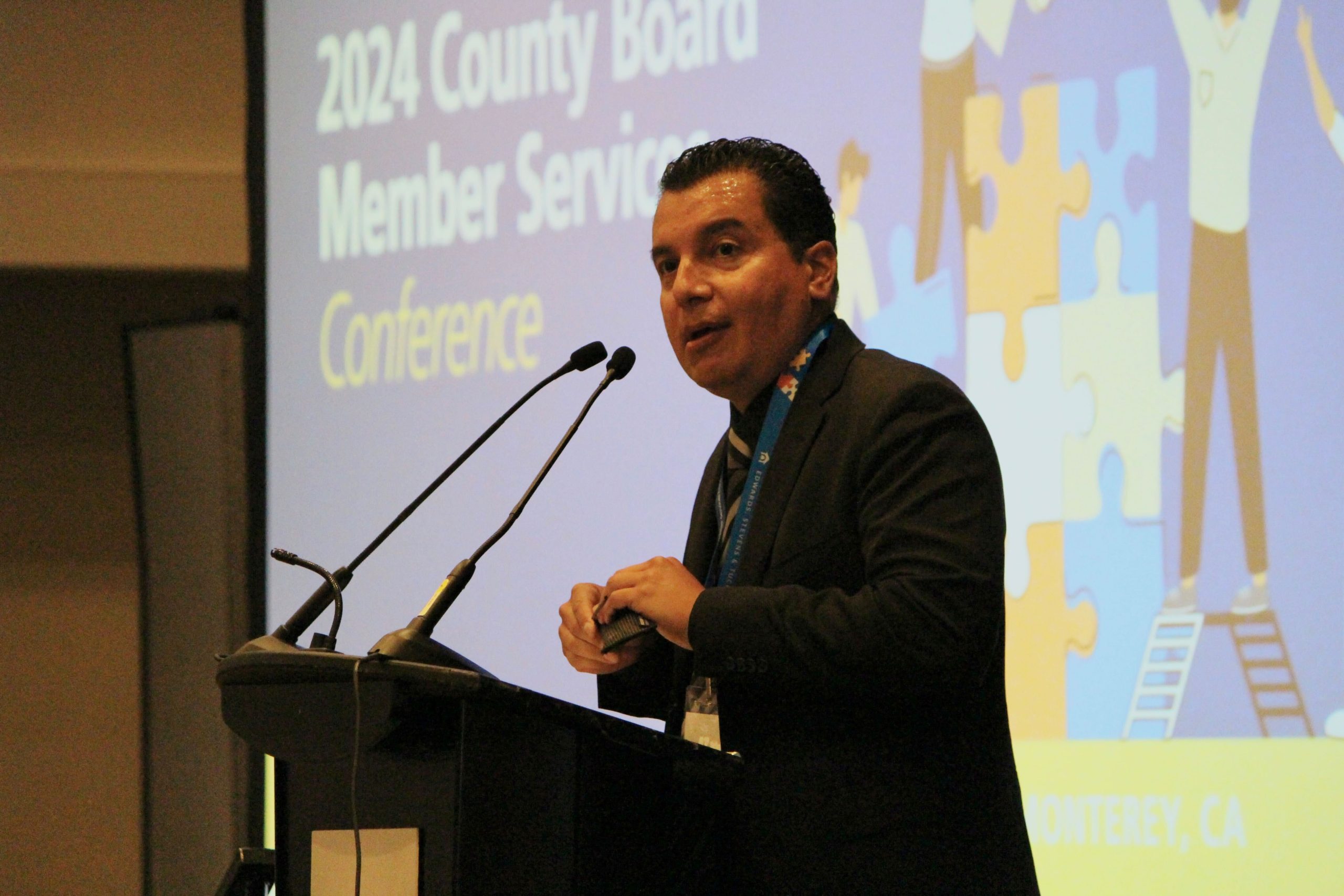by Teri Burns, Sr. Director, Policy and Programs
At their meeting in May, the California Commission on Teacher Credentialing attempted to wrap up a number of issues that have been in the works for many months.
First up was the issue of adopting updated California Administrator Performance Expectations and draft standards for administrator credential programs. This work has been the subject of stakeholder meetings for more than a year. CSBA has been actively involved in ensuring that the standards provide training in working with boards, community and other elected officials as an important part in the success of a principal in his/her duties. We have also advocated that the standards reflect minimum standards for administrators at the principal level and not attempt to provide all possible experiences of district office-level administrators who might have very different experience needs. We believe the final product meets these goals successfully. With little fanfare, the Commission adopted the new standards unanimously. They now go out for field review.
Teacher interns
Next up was the issue of Teacher Interns and the need for English Language Learner authorization. While this was a contentious issue at the last two CTC meetings, the great work of CTC staff in organizing, facilitating and incorporating the input from broad stakeholder meetings paid off. Most speakers on the May proposal were supportive and relatively few issues were raised. The three-part item proposed 1) policies focusing on approval of intern credentials; 2) draft language and a process for strengthening intern preparation programs and defining the preservice preparation requirements; and 3) draft regulations regarding intern teaching credentials. These regulations were the subject of discussion with labor and management organizations (CSBA, California Teachers Association (CTA), Association of California School Administrators (ACSA), California County Superintendents Educational Services Association (CCSSESA)) joining together to oppose the requirement of five hours per week of mentoring for interns as being random and unwarranted in many cases.
Commissioners, led by Chair Linda Darling-Hammond, believed the substantial mentoring hours requirement was important and directed staff to prepare revisions to allow 144 hours over the course of the year with a 2-hour per week minimum, recognizing that in some weeks an intern teacher needs much more support and in others, less. Additionally the hours requirement would be pro-rated if the intern served only part of the year. CSBA and our other partners in this effort continue to express concern about the cost and overkill of this hours requirement.
Public Advocates and other education advocacy groups also suggested that the 120-hour minimum for pre-service may not be enough to include the additional EL preparation we are requiring, but commissioners recognized that preparation programs may choose to expand required hours. As the pre-service requirements are reviewed by stakeholders, there may be additional discussion of this requirement.
These recommendations now go to the Office of Administrative Law before another public hearing and final adoption.
Change of status
Finally, the bigger issue at the May 19 meeting was the requirement for school superintendents to report credential holder change of status. This stems from many unreported cases of child molestation that came to light last fall. Both the Commission and the Legislature have been considering reporting requirements. These latest regulations resolve most of the concerns, but CTA and CFT are seeking to require the superintendent to comply with the obligation under penalty of perjury, describing the related facts, for any failure to reply. ACSA believes criminal sanctions for those failing to comply are unnecessary and urged the CTC to annually notify superintendents of their responsibilities in this area so there is greater clarification on when notification is required. CCSESA expressed the need to be clear about what items need to be reported and when. It is not about misconduct, but about adverse action on a credential related to misconduct.
Also accepted was the annual Teacher Supply report which shows areas of teacher shortage, and students being taught by underprepared teachers. The great news is that 99 percent of teachers are fully credentialed. That report is available on the CTC website.
Chair Darling-Hammond also expressed interest in developing a teacher demand report to identify areas of future need. Further discussion of the commission on this project is expected.






Be the first to reply